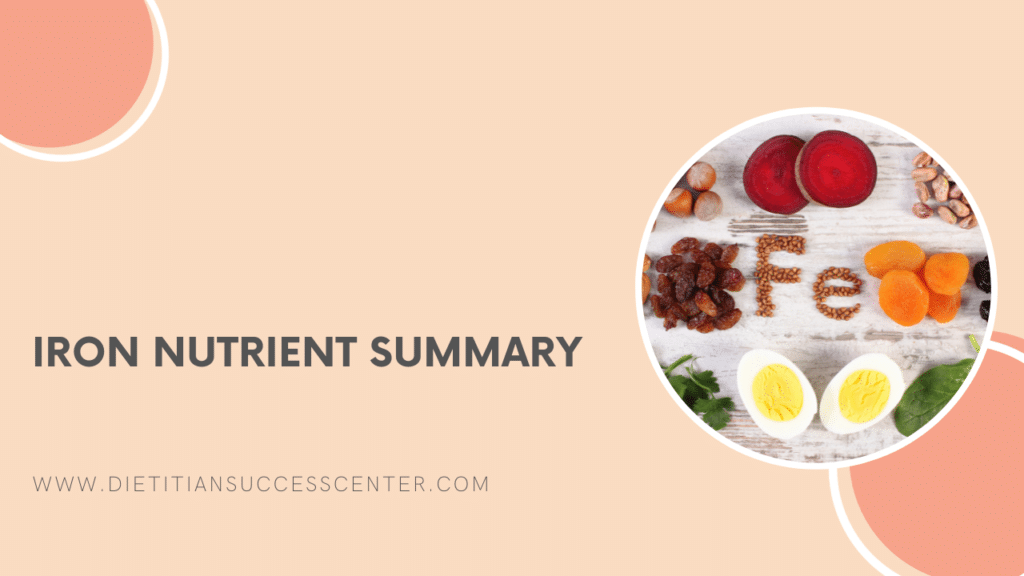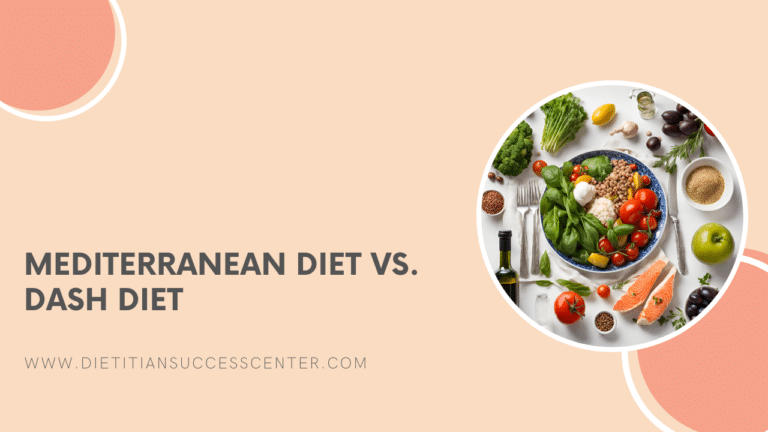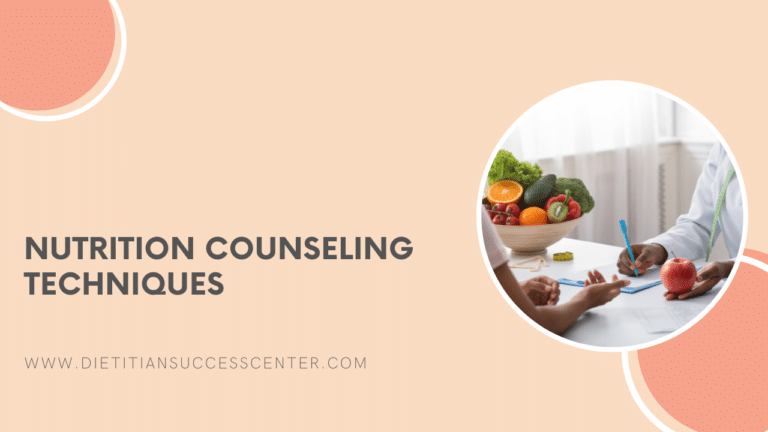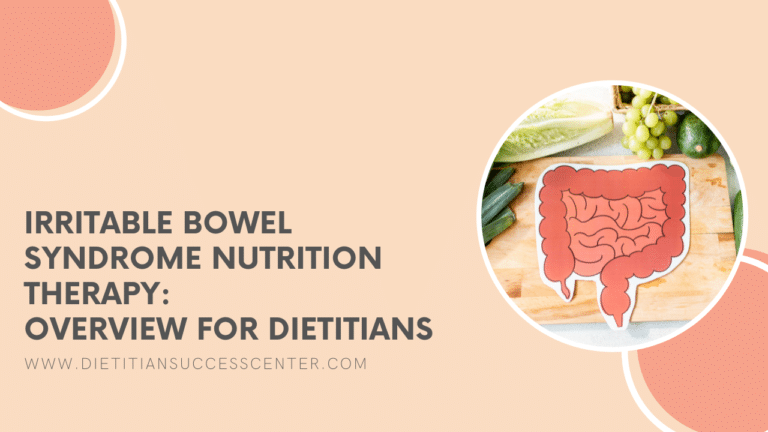
Written by Olivia Farrow, RD, MHSc
Reviewed by Krista Kolodziejzyk, RD, MPH, MBA
This article will provide an overview of the purpose of iron in the body, iron deficiency, and supplement considerations.
For a full iron evidence summary and supplement guide join Dietitian Success Center’s membership which includes access to comprehensive yet simplified reference guides for supplements, food sources lists, and client-facing handouts for many nutrients, including iron.
Iron is a crucial element of hemoglobin and myoglobin. Hemoglobin and myoglobin are proteins responsible for oxygen transport, supporting muscle metabolism, building healthy connective tissue, physical growth, neurological development, cellular functioning, and hormone synthesis in the body (1).
Dietary iron is available in two forms: heme iron, which is found solely in animal products, and non-heme iron, found in plant-based foods (1,2). Heme iron is more bioavailable than non-heme. A comprehensive list of food sources of iron can be found in DSC’s Food Sources of Nutrients Compilation.
Iron Deficiency
Iron deficiency is an issue of concern for many groups, and may be related to (2,3):
- Increased requirements (during infancy, adolescence, pregnancy and lactation)
- Insufficient intake (poor diet, vegetarianism)
- Absorption issues (diarrhea, low stomach acid, intestinal diseases, celiac disease, gastritis, gastrectomy, drug interactions)
- Increased excretion (menstruation, hemorrhage, bleeding ulcer, bleeding hemorrhoids, esophageal varices, inflammatory bowel diseases)
- Conditions causing the destruction of red blood cells (sickle cell anemia, thalassemia)
If iron deficiency, or its root cause, is not managed it can lead to iron deficiency anemia. Iron deficiency anemia is characterized by microcytic erythrocytes (circulating red blood cells that are smaller and have less color than usual), and low hemoglobin levels (2).
Recommending Iron Supplements
Iron supplementation may be indicated for those who can’t meet their needs from diet alone. Consider these factors that can impact iron absorption.
- Iron supplements are best absorbed on an empty stomach but may cause gastrointestinal side effects such as nausea, distension, heartburn, diarrhea or constipation (2).
- Taking supplements with a meal can decrease these symptoms but may also decrease absorption (2).
- Vitamin C may increase iron absorption and gastrointestinal side effects by intensifying oxidative stress in the GI tract (2).
- Milk and calcium-containing foods, high-fiber foods, and caffeine may decrease the absorption of iron supplements (2).
Precautions
Iron supplements in doses greater than 25 mg can interfere with zinc absorption (1). Overdoses of iron, from ingesting excessive levels in supplements, can cause severe side effects and death, especially in children (1).
Iron supplements can interact with other medications, therefore healthcare professionals should screen for these potential interactions.
Individuals who are taking antacids, calcium, phosphorus, zinc, and/or copper supplements are recommended to take their iron 2 hours before or after these medications (8).
Other potential interactions include: proton pump inhibitors, H2 blockers, tetracyclines, levodopa, levothyroxine, and laxatives (1,4).
Key Takeaways
- Iron is necessary in the body for oxygen transport, muscle metabolism, physical growth, neurological development, hormone synthesis, and more.
- Deficiency can occur related to increased requirements, insufficient intake, or absorption issues. Deficiency can lead to anemia which can have detrimental impacts on health and development of children.
- Iron supplements may be needed when diet alone falls short. Absorption can be affected by meal timing, vitamin C, and specific foods.
- Supplements may also have gastrointestinal side effects and precautions should be taken to avoid overdoses, especially in children.
References
1. National Institutes of Health, Office of Dietary Supplements. “Iron – Health Professional Fact Sheet.” Updated September 10, 2021. https://ods.od.nih.gov/factsheets/Iron-HealthProfessional/.
2. Raymond, J., Morrow, K. 2021. “Medical Nutrition Therapy for Anemia”. In Krause and Mahan’s Food & The Nutrition Care Process: 15th Edition. Pages 658-660. Elsevier, Inc.
3. Pasricha SR, Tye-Din J, Muckenthaler MU, Swinkels DW. Iron deficiency. Lancet. 2021 Jan 16;397(10270):233-248. doi: 10.1016/S0140-6736(20)32594-0. Epub 2020 Dec 4. PMID: 33285139.
4. Pronsky, Z. M., & Crowe, J. P. (2010). Food medication interactions (16th ed.). Food-Medication Interactions.








